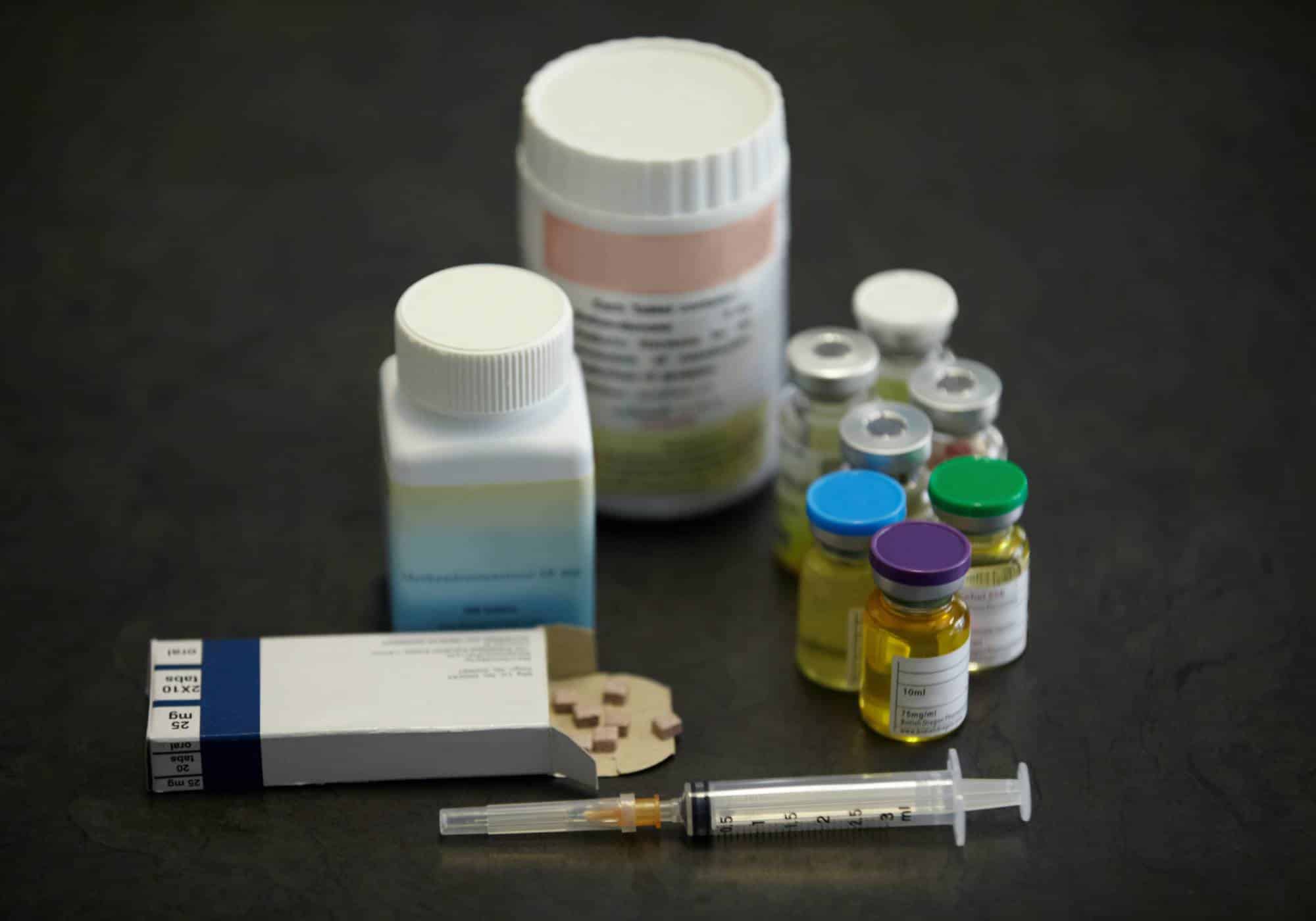Delta-8 THC, a legal substitute for marijuana, boasts similar psychoactive properties and potential health advantages, such as pain alleviation and stress reduction. Despite its benefits, the possibility of overdosing raises concerns. This article delves into the question, “Can you overdose on Delta-8?” and explores the symptoms and outcomes of consuming excessive amounts. With Delta-8’s growing use for its therapeutic and recreational benefits, understanding the risks of overdose is essential. Ongoing research aims to clarify its safety profile, but the potential for overdose highlights the need for caution. Hope Harbor Wellness offers comprehensive outpatient rehab to assist individuals in overcoming marijuana and Delta-8 dependency, promoting a life of wellness without reliance on substances.
What is Delta-8 THC?
Delta-8 THC, a psychoactive compound in the Cannabis sativa plant, is gaining attention for its ability to produce a high, similar to Delta-9 THC but with less potency. Derived mainly from hemp through a process called isomerization, Delta-8 is found in only trace amounts in natural cannabis. This process transforms CBD or Delta-9 THC into Delta-8 THC by altering the pH and temperature or applying solvents and acids. Despite its federal legality under the 2018 Farm Bill loophole, its safety remains unapproved by the FDA, and many states are moving to regulate or ban its use. The ongoing research aims to understand its effects fully, including the critical question, “Can you overdose on Delta-8?”
Delta-8 Overdose
An overdose occurs when an individual consumes an excessive amount of a substance, surpassing the body’s capacity to metabolize it safely. This can happen with both deliberate and unintentional overuse, leading to potentially dangerous or even fatal consequences. Delta 8 THC, like any substance, carries the risk of overdose when used beyond recommended levels, emphasizing the importance of cautious and informed consumption.
Can You Overdose on Delta-8?
Delta-8 THC shares similarities with Delta-9 THC, the active compound in marijuana responsible for its psychoactive effects. Although Delta-8 is less potent, requiring higher doses to achieve a comparable level of intoxication, there still exists the potential for overdose.
The likelihood of overdosing on Delta-8 can vary based on the method of consumption. Edibles and beverages containing Delta-8 often lead to higher consumption rates, as the delayed onset of effects may encourage users to consume more in anticipation of the high. This delay can inadvertently result in overdose. In contrast, smoking Delta-8 tends to deliver effects more rapidly, reducing the chance of consuming excessive amounts.
From December 1, 2020, to February 28, 2022, the FDA reported over 100 adverse incidents linked to Delta-8 consumption, with more than half necessitating emergency medical care or hospitalization. Symptoms of these incidents ranged from vomiting and dizziness to tremors, hallucinations, and severe anxiety, with the majority related to Delta-8-infused edibles.
The risk of overdose is not solely determined by quantity consumed. The lack of regulatory oversight for Delta-8 products means they may contain impurities or inaccurately labeled dosages, misleading consumers about the potency and potentially leading to unsafe consumption levels. This underscores the importance of caution and awareness when using Delta-8 products to avoid unintentional overdose.
Identifying Delta 8 Overdose Symptoms
Awareness of delta 8 THC overdose symptoms is vital for timely intervention and ensuring safety. Recognizing these signs enables immediate steps to mitigate potential risks and address overdose situations effectively.
Intense anxiety often signifies too much delta 8 THC consumption, leading to severe restlessness and panic attacks for some. Overdose can also trigger paranoia, leaving individuals feeling irrationally fearful or suspicious, disrupting their ability to function normally.
A notable increase in heart rate is another indicator of overdose, with users experiencing rapid palpitations that can be alarming. Additionally, consuming excessive amounts of delta 8 THC can impair coordination, affecting motor skills and balance, increasing the risk of accidents.
Alongside these symptoms, typical signs of cannabis intoxication like bloodshot eyes, dry mouth, and heightened appetite might also manifest during an overdose.
In case of a suspected delta 8 THC overdose:
- Remain calm to avoid worsening the situation.
- Immediately seek medical assistance for professional guidance.
- Provide comprehensive information on the consumed delta 8 THC, including dosage and timing, to aid in treatment.
- Stay hydrated to help eliminate the cannabinoid from your body.
- Retreat to a calm and secure setting to lessen anxiety and paranoia.
Prevention surpasses treatment; hence, it’s advised to use delta 8 THC cautiously and within safe limits. Consult a healthcare provider for advice tailored to your health needs if you’re uncertain about dosages or have concerns regarding delta 8 THC use.
By being informed about delta 8 THC overdose signs and acting swiftly, you can safeguard your health while responsibly enjoying the cannabinoid’s advantages.
Method of Delta 8 THC Intake and Overdose Risks
The way delta 8 THC is consumed can significantly influence the likelihood of overdose and the duration of its effects. Caution is recommended, particularly for first-time users or those unsure of their tolerance levels.
Oral Consumption
Ingesting delta 8 THC orally, through foods or beverages, poses a greater risk for overdose. Delta 8 infused products, such as gummies or baked goods, have a delayed onset of effects, typically taking 30 minutes to 2 hours to manifest. This delay can easily lead to consuming more than your body can effectively process, increasing the risk of an overdose due to the slow realization of its psychoactive effects.
Inhalation
Inhaling or smoking delta 8 THC products results in a more immediate delivery of THC to the brain, with effects felt much quicker than through oral consumption. This rapid onset helps mitigate the risk of consuming too much, as users can gauge the intensity of the effects almost immediately.
Understanding the differences in consumption methods and their associated risks is crucial for safely enjoying delta 8 THC. Always start with lower doses and give ample time for effects to manifest, especially with edibles, to avoid unintended overdose.
Delta 8 THC Safety and Addiction Concerns
Is delta 8 addictive and dangerous?
The addictive nature and potential hazards of delta 8 THC are subjects of growing interest. While delta 8 is a psychoactive compound, it lacks the potency of its counterpart, delta 9 THC, often resulting in fewer severe side effects. The likelihood of a fatal overdose from delta 8 is exceptionally low, marking it as a relatively safe cannabinoid when used responsibly.
However, the primary concern lies within the delta 8 market’s lack of regulation by the FDA. This regulatory gap allows the circulation of counterfeit, contaminated, or inaccurately labeled products, posing significant health risks to consumers. It’s crucial for individuals to exercise caution and seek reputable sources when purchasing delta 8 products to mitigate these risks.
Marijuana Addiction Treatment
When individuals express concerns like “Can you overdose on Delta-8?” or “Are Delta-8 Overdoses a Real Thing?”, it often signals a deeper issue with marijuana dependency. While some opt for residential treatment centers, many benefit from the flexibility of outpatient programs. These programs are designed to fit into one’s daily life, allowing individuals to receive therapy and support while continuing to live at home. Available outpatient services include:
- Detoxification processes to safely manage withdrawal symptoms.
- Inpatient Rehab for those needing a structured treatment environment.
- Outpatient Drug Rehab offering therapy sessions without residential stay.
- Intensive Outpatient Programs (IOP), which provide more focused care than traditional outpatient services.
- Partial Hospitalization Programs (PHP), a bridge between inpatient treatment and outpatient care for those requiring significant medical and therapeutic support.
A personalized treatment plan is developed following a thorough evaluation, ensuring each individual receives the specific care they need. This may include prescription medications to ease withdrawal symptoms, alongside various therapeutic interventions to address the root causes of addiction. If you or a loved one are struggling with marijuana addiction in Atlanta, Hope Harbor Wellness is here to help. Call our marijuana rehab in Atlanta, GA at 678-605-9725 or fill out our online form to start your drug-free life.












